KATHMANDU: The allure of fame is undeniable. The drive to achieve prominence is not inherently negative; it often involves tremendous effort and dedication.
Like Arjun’s (of Mahabharat) unwavering focus, individuals strive tirelessly to build a lasting legacy.
Achieving popularity through skill and hard work is a notable accomplishment.
However, there are numerous cases where an insatiable hunger for further fame can lead to infamy.
Those who excel in one domain often find themselves overshadowed when they venture into unfamiliar territories.
In recent times, individuals renowned in various fields—be it arts, employment, or social work—often view politics as the pinnacle of their ambitions.
Yet, politics is a vastly different realm. Many who were celebrated as ‘heroes’ in their previous fields have become ‘zeros’ upon entering the political arena.
The allure of politics may appear straightforward, but its complexities can be daunting.
Some who have gained social acclaim are drawn to politics by the promise of greater recognition and reward.
However, many find themselves disillusioned, losing their previous identity and accomplishments.
Deputy Speaker Indira Rana, for instance, has publicly expressed regret over her political career, acknowledging that it was a misstep.
Indira Rana: From Social Advocate to Political Controversy
Indira Rana, a member of the House of Representatives from the Rastriya Swatantra Party (RSP), was elected as Deputy Speaker with 166 votes.
Born in 2027 BS in Shanishare, Jhapa, she was passionate about social service from a young age.
Rana, the founding President of “Bandi Sahayata Nepal”, a social organization, worked tirelessly to support the children of women serving prison sentences.
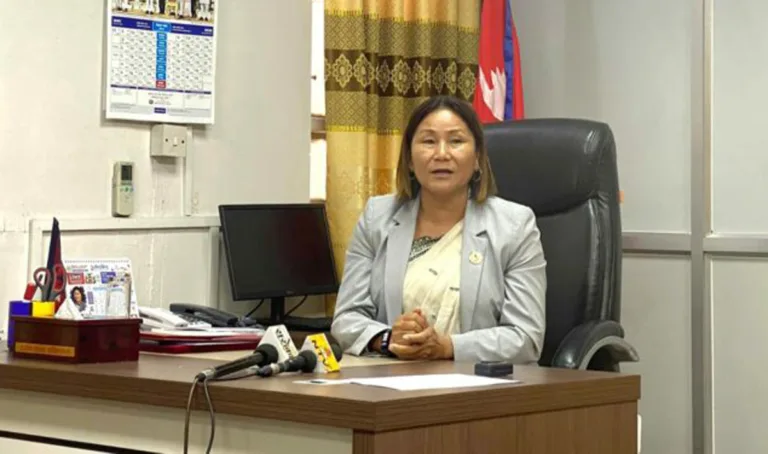
Her dedication earned her the Ashok Fellow award in 2005, and she was featured on the BBC’s list of 100 Inspirational Women in 2017.
Rana has received numerous honors for her social work, including the World Children’s Award and the Asia 21 Youth Leader Public Service Award.
Over three decades, Rana rescued hundreds of children from incarceration and even provided food during the COVID-19 pandemic to those suffering from economic hardship.
Despite her impressive humanitarian work, recent accusations have tarnished her reputation.
She has been criticized for allegedly misusing her Deputy Speaker position for unauthorized US visa approvals, and there is ongoing controversy about her involvement in child and human trafficking.
Karisma Manandhar: From Silver Screen to Political Stage
Karisma Manandhar, celebrated as a leading actress in the Nepali film industry, was born in 1971 in Lalitpur.
The eldest daughter of Komal KC and Kshetra Bahadur KC, she completed her education at Shubhatara School and Kitini High School in Godavari.
Starting her acting career at the age of 14 with the film “Santaan,” Karisma has enjoyed a successful three-decade-long career.
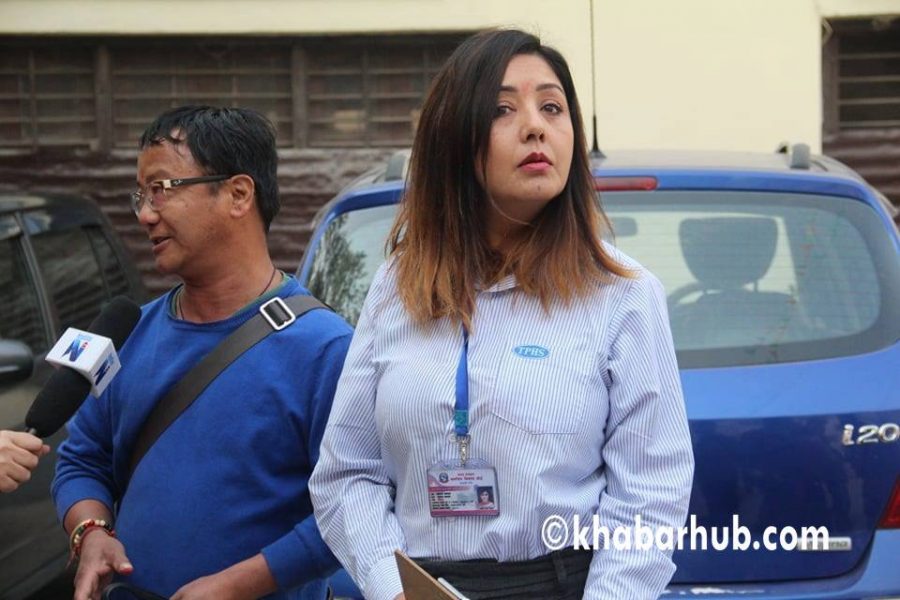
She was honored as the popular actress of the decade in 2056 BS and has received numerous accolades, including the “Gorkha Dakshinbahu Fourth” award.
In addition to acting, Karisma ventured into film production and later moved to America.
Upon her return, she entered politics, joining Dr. Baburam Bhattarai’s then Naya Shakti.
After leaving that party, she joined the UML in 2078 BS.
Although she has remained relatively inactive in politics, Karisma has recently resurfaced as a candidate for the position of chairman of the Film Development Board.
The transition from celebrity to political figure can be fraught with challenges and risks, as evidenced by the experiences of both Indira Rana and Karisma Manandhar.
Neer Shah
Neer Shah is a prominent figure in the Nepali film industry, known for his extensive contributions as a director, actor, producer, writer, and lyricist.
He made his acting debut with the film “Pariwartan” and has since appeared in over 300 films, including notable titles such as “Kusume Rumal”, “Prem Pinda”, and “Munamdan”, among others.
Often referred to as the ‘Bhishma Pitamaha’ (a guardian figure in Mahabharat) of Nepali cinema, Shah has earned numerous national awards for his work.
He is also the owner of New Century Pictures Pvt Ltd, a film production company, and the founder Chairman of Nepal Television.
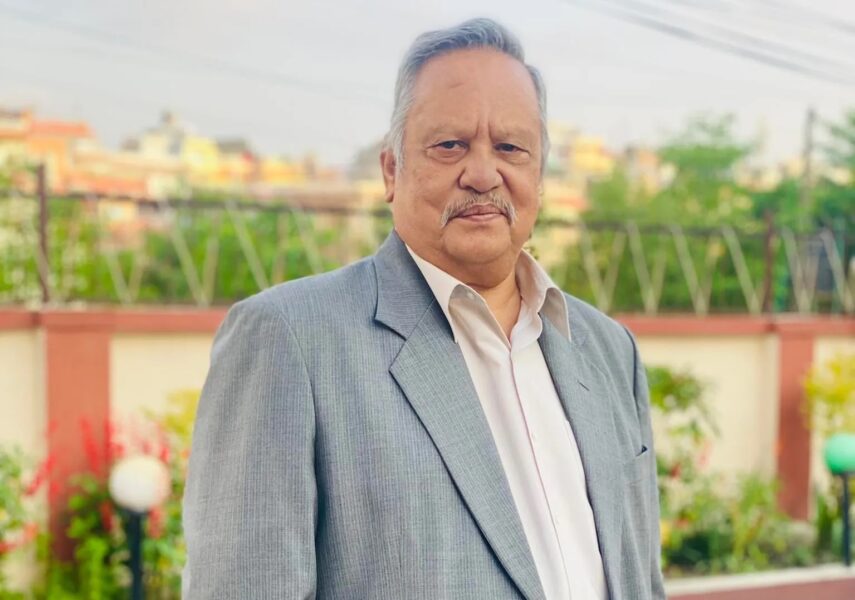
Shah’s political journey reflects his evolving affiliations.
Initially a staunch royalist, he aligned with the Maoists, receiving a flower garland from Maoist Chirman Pushpa Kamal Dahal Prachanda when the Maoists came to power.
However, his political fortunes shifted, and he later joined the Nepali Congress party.
Within the Congress, Shah was appointed as the Executive Head of Nepal Television.
Despite aspirations for a National Assembly seat, he was unable to secure the position.
Resham Chaudhary
Born in 2034 BS, Resham Chaudhary has a background in literature and journalism, having completed his postgraduate education at Tribhuvan University.
He served as the Editor-in-Chief of the “Jogni” literary magazine in the Tharu language and has had a long career in journalism with Radio Nepal, Nepal Television, and Radio Sagarmatha.
Chaudhary also runs a flower farm in Bardiya and has a passion for songwriting.
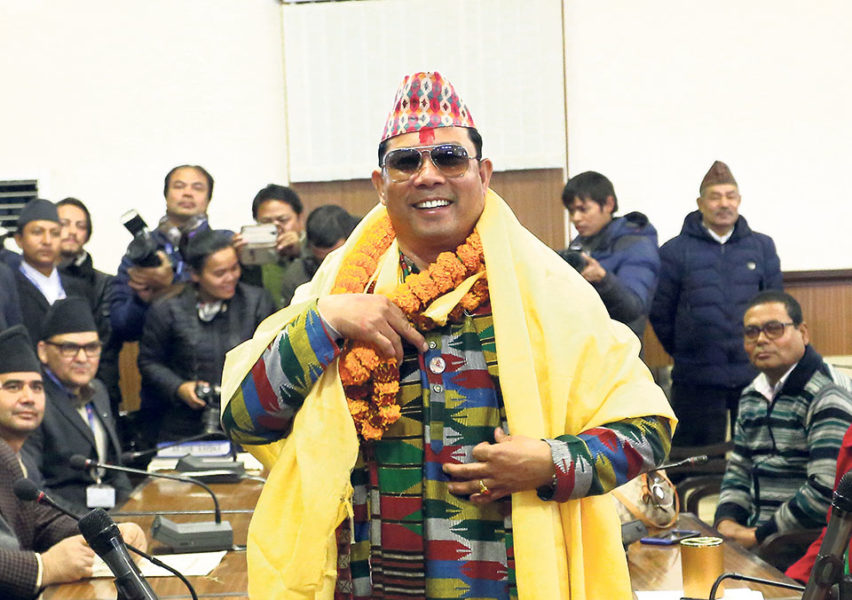
Chaudhary became a controversial figure following the tragic events in 2072 BS, when a minor and eight security personnel were killed during the Tharuwan and Akhanda Sudurpaschim protests in Tikapur.
Chaudhary, the primary accused in this case, was sentenced to life imprisonment.
In the 2074 BS House of Representatives elections, he won the seat for constituency number 1 in Kailali on behalf of the Rastriya Janata Party Nepal (RJP), even while evading police searches.
After being released from jail by presidential pardon on Republic Day in 2080 BS, Chaudhary’s party is currently grappling with internal disputes.
Bhuvan KC
Born in 2014 BS, Bhuvan KC is a prominent figure in the Nepali entertainment industry, having established himself as an actor, director, producer, and, more recently, a politician.
KC began his career at the age of 10 as a singer for Radio Nepal.
His film debut came with “Juni”, but it was the 1984 film “Samjhana” that solidified his status as a successful actor.
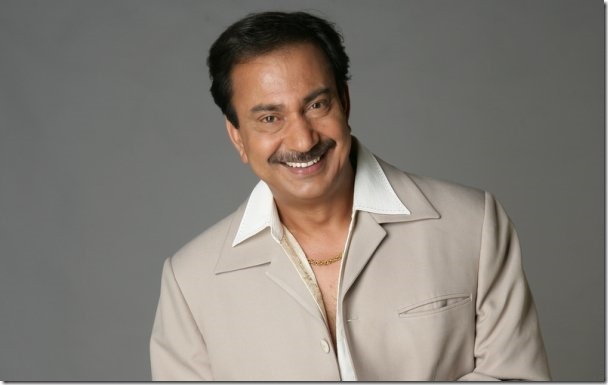
He went on to star in numerous hit films, including “Kusume Rumal”, “Santaan”, “Tilhari”, “Kanyadan”, “Chino”, “Trishna”, and Nepali Babu, among others.
At one time, he was considered the king of Nepali cinema.
Politically, KC was initially aligned with the CPN-UML but later switched to the Nepali Congress.
He planned to run for the position of Kathmandu Metropolitan Mayor in the local body elections, but his candidacy was not endorsed by the party.
Rekha Thapa
Born in 2039 BS in Biratnagar, Rekha Thapa is a celebrated actress who has appeared in over 200 Nepali films.
Some of her most popular movies include “Kali”, “Himmatwali”, and “Rampyari”.
She has won several awards, including the CG Digital Film Award for Best Actress and the NEFTA Film Award for Best Actress.
Thapa made her film debut with “Hero” and quickly earned the title of ‘Number One Heroine.’
After marrying producer Chabi Ojha, she ventured into film production, though her marriage to Ojha ended in divorce.
Thapa’s entry into politics was unexpected. She joined the Maoist Center in 2070 BS, introduced to the party by Chairman Prachanda.

Despite her efforts, including singing and dancing with Prachanda during a general strike, she failed to secure the position of Chairman of the Film Development Board.
In 2073 BS, she shifted to the Rastriya Prajatantra Party (RPP) led by Kamal Thapa, running for the House of Representatives from Morang.
Despite her high-profile campaign, she was not elected.
After a decade of separation, Thapa married Balaram Shahi and is currently enjoying family life with her husband and daughter.
Anuradha Koirala
Anuradha Koirala is a renowned philanthropist and the founder of Maiti Nepal, an organization established in 1993 to rescue and rehabilitate Nepali girls who have been sold into trafficking, particularly in Indian homes.
Koirala has received numerous accolades for her humanitarian work, including the CNN Hero Award in 2010, the Mother Teresa Award in 2014, and the Padma Shri Award from the Government of India in 2017.
She is also noted for promoting English education in Nepal and has spent nearly 20 years teaching in boarding schools.
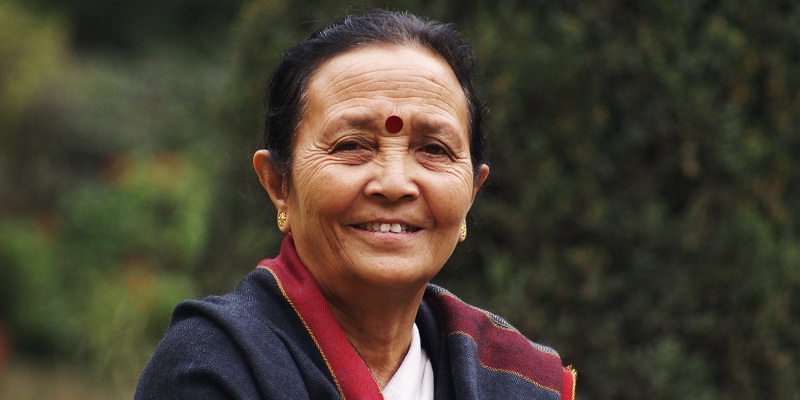
She completed her schooling in Kalimpong, West Bengal, and her graduation in Calcutta before returning to Nepal in 2021.
During King Gyanendra’s direct rule, she was appointed as an assistant minister and later became the head of Province 3 under the republican government in 2074 BS.
Rabindra Mishra
Rabindra Mishra, born in 1967, is a former BBC Nepali Service journalist known for his incisive interviewing style on the program.
His ability to elicit candid responses from prominent leaders and his engagement in social service through the organization ‘Help Nepal Network’ earned him widespread recognition.
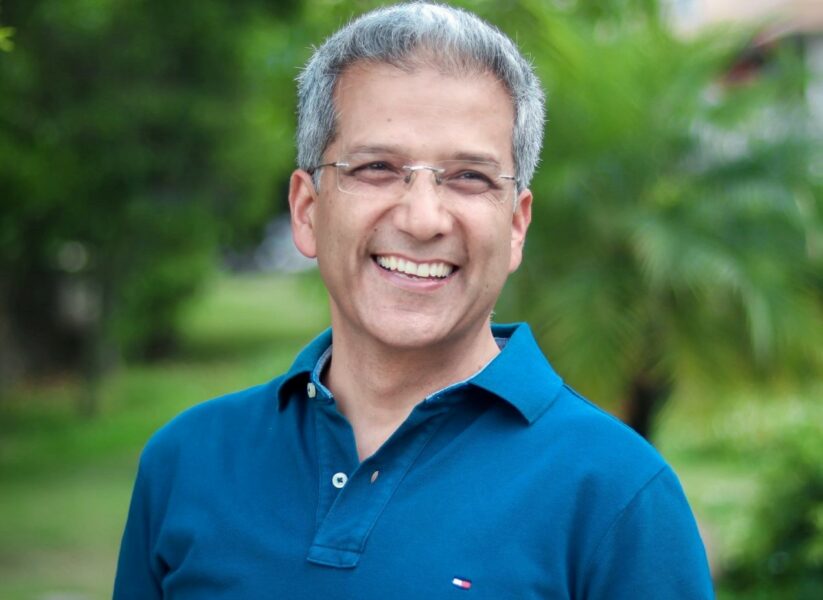
A self-proclaimed nationalist, Mishra left his BBC position to enter politics, founding the Sajha Party as a counter to the Bibeksheel Party.
Despite two unsuccessful runs in Kathmandu Constituency -1, he is currently affiliated with the Rastriya Prajatantra Party.
Rabi Lamichhane
Rabi Lamichhane gained prominence as a television presenter, particularly noted for setting a Guinness World Record by conducting over 60 hours of continuous interviews on News 24.
In 2079 BS, he founded the Rastriya Swatantra Party (RSP) and won the election from Chitwan-2.
Lamichhane initially supported Pushpa Kamal Dahal as Prime Minister and was appointed as Home Minister and Deputy Prime Minister.
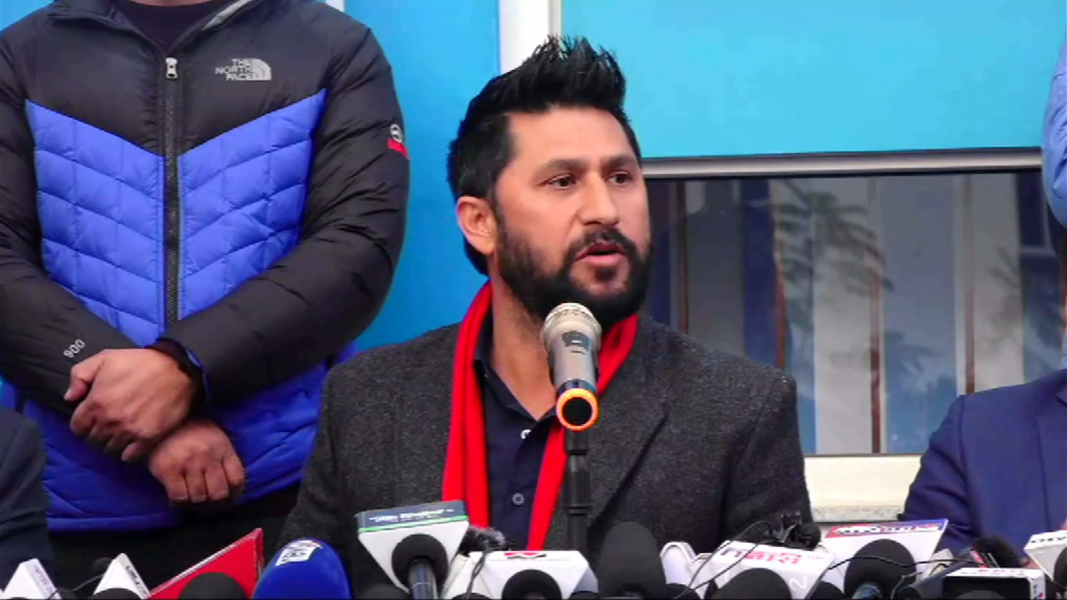
However, his tenure was cut short when the Supreme Court ruled that his Nepali citizenship process was incomplete.
Despite renouncing his American citizenship, he faced disqualification from parliament for failing to secure Nepali citizenship.
After obtaining citizenship and winning a by-election, he regained his positions as Deputy Prime Minister and Home Minister.
Lamichhane, known for his confrontational style and provocative comments, faced criticism for his performance in office, with accusations that he focused more on theatrics than effective governance.
Dr. Swarnim Wagle
Dr. Swarnim Wagle is an esteemed international development economist with credentials from Harvard University.
Over the past 25 years, he has been active both in Nepal and internationally.
From 2077 to 2079 BS, he served as the Chief Economic Advisor for the Asia Pacific region at the United Nations Development Program (UNDP) headquarters in New York.
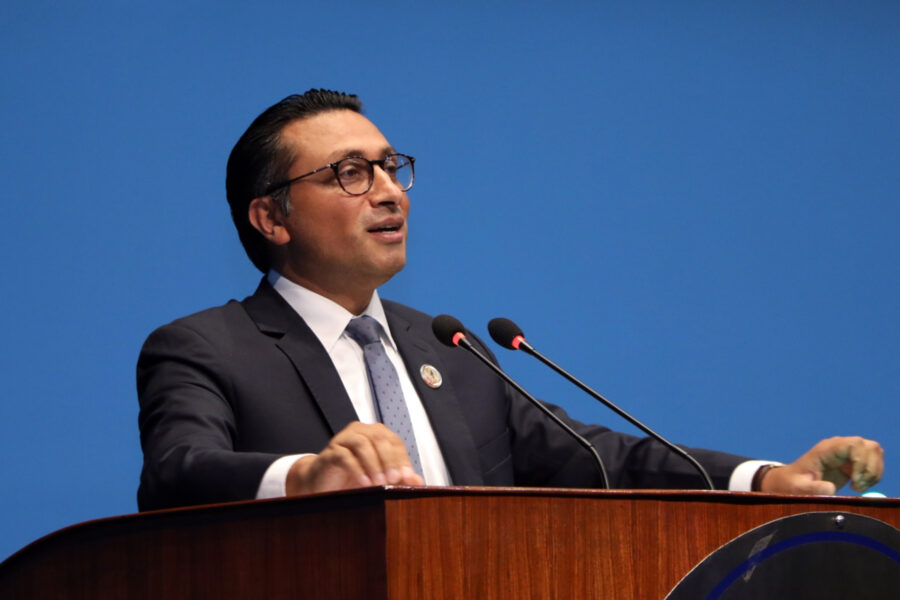
Previously, Wagle was a vice-chairman and member of the National Planning Commission for three years, playing a crucial role in post-earthquake damage assessment and international fundraising efforts following the Great Earthquake of 2015.
A former Mahasamiti member of the Nepali Congress, Wagle has been influential in drafting election manifestos and shaping economic policies.
Despite his long association with the Nepali Congress, he did not receive a party ticket in the last election.
As a result, he won the by-election from Tanahu-1 under Rabi Lamichhane’s Rastriya Swatantra Party.
Dr. Tosima Karki
Born in Lalitpur in 2046 BS, Dr. Tosima Karki completed her MBBS at KIST Medical College and her Masters in General Surgery at Kathmandu University.
A general surgeon and a member of the Executive Committee of the Nepal Medical Council, she previously worked at Patan Hospital.
Dr. Karki resigned from her medical position to enter politics and was elected to the House of Representatives from Lalitpur-3 in the 2079 BS election, representing the Rastriya Swatantra Party.
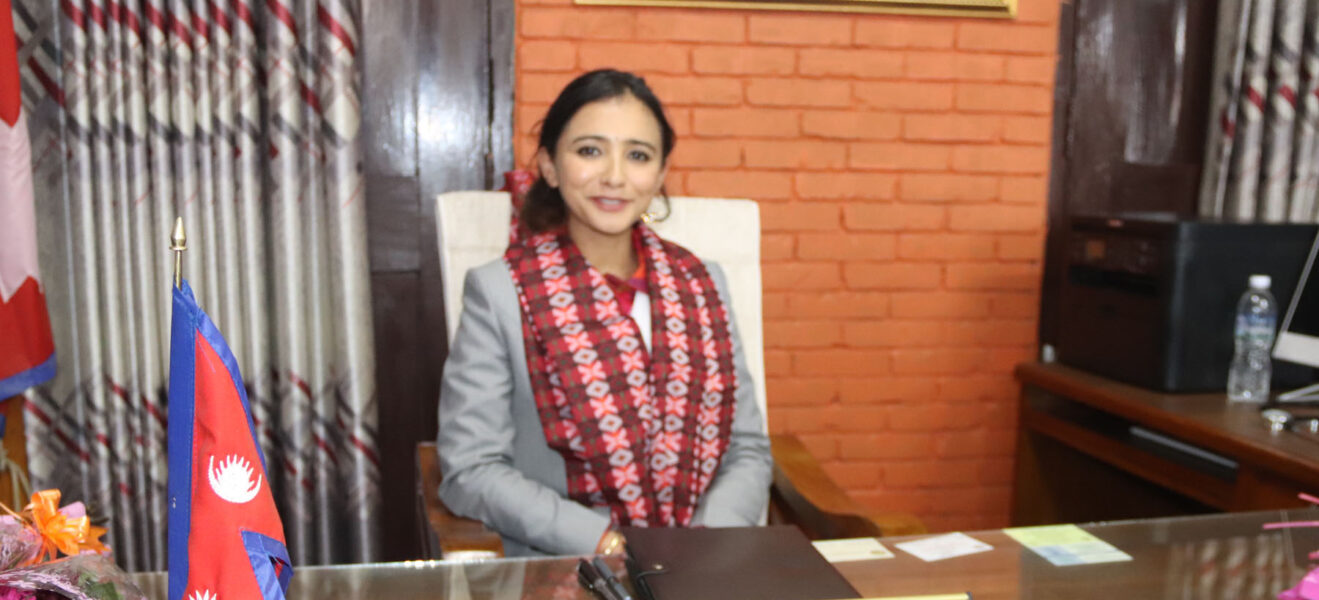
She defeated then-Minister Pampha Bhusal of the Maoist Center.
As an activist in the health reform campaign initiated by Dr. Govinda KC, Dr. Karki became the Minister of State for Health and Population in Prime Minister Pushpa Kamal Dahal’s third cabinet.
Her term was brief, lasting only 19 days, due to a court decision related to the party Chairman Lamichhane’s citizenship case.
Throughout her career, Dr. Karki has been dedicated to health and relief efforts, notably leading initiatives in Sindhupalchok, Ramechhap, Nuwakot, and Lalitpur during the earthquake.
Dr. Araniko Pandey
Dr. Araniko Pandey, a co-founder of the Rastriya Swatantra Party (RSP), found himself sidelined as others like Rabi Lamichhane and Dr Tosima Karki rose to prominence.
Initially, Pandey was involved with Kathmandu Mayor Balen Shah’s team and considered running as an independent candidate.
Eventually, he decided to officially join RSP and took on a central role within the party.
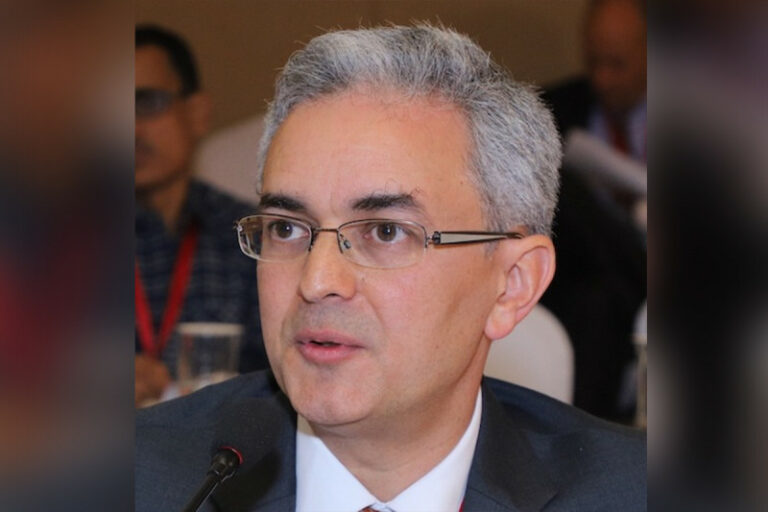
An expert on air pollution, climate change, and sustainable development in the Himalayan region, Pandey is well-regarded as an environmentalist.
Despite his scientific and scholarly contributions, he retreated from politics within a year.
After becoming a member of the National Planning Commission, Pandey resigned from his role within RSP and also stepped down from advisory positions with the Nepal Economic Forum and the Institute for Integrated Development Studies (IIDS).
He has since ceased all counseling-related work.
Dr. Suryaraj Acharya
Dr. Suryaraj Acharya serves as the spokesperson for the Sajha Party and is also a political writer and analyst.
He advocates for the necessity of a competent, strong, and cultured political party to achieve prosperity within one’s lifetime.
A resident of Bharatpur Metropolitan City in Chitwan, Dr. Acharya is an expert in public policy and infrastructure.
He earned his master’s degree in resource management from the Asian Institute of Technology in Thailand and furthered his studies in infrastructure and regional development at the University of Tokyo, Japan.
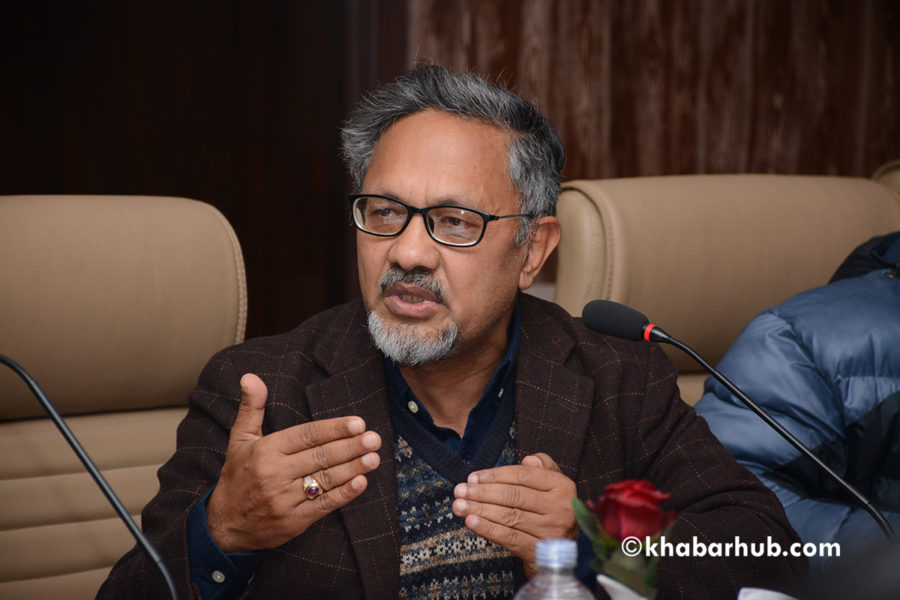
Before returning to Nepal, he was a senior researcher at a policy think tank associated with Japan’s Ministry of Physical Infrastructure and a visiting professor at the University of Tokyo.
Dr. Acharya has published numerous research papers, which have been recognized at international academic conferences.
He is currently grappling with the distinctions between civic leadership and political leadership.
Rameshwar Khanal
Rameshwar Khanal, once popular as Finance Secretary, was admired for his eloquence in speech, writing, and acting.
Believing that such individuals should engage in politics, he joined Dr. Baburam Bhattarai’s Naya Shakti Party.
In the Naya Shakti Party, Khanal was viewed as a more straightforward and approachable leader compared to Bhattarai and played a key role in Bhattarai’s success as Finance Minister.
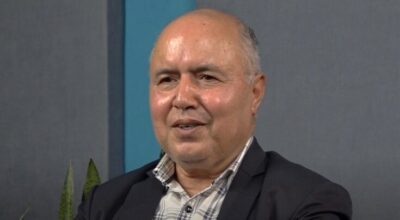
However, he later left the party and joined the Nepali Congress party on the encouragement of Dr. Ram Sharan Mahat.
Khanal once stated that Nepal would not find happiness until the Maoists were removed, which led to criticism from Pushpa Kamal Dahal, who accused Khanal of favoring social discrimination.
Ramesh Kharel
Ramesh Kharel, a former DIG of Nepal Police, was well-regarded for his effective policing, particularly during his tenure as Kathmandu’s police chief, where he took a strong stance against casinos allowing illegal entry for Nepalis.
His actions against organized crime earned him widespread public respect and even inspired a film about his work in Birgunj.
Kharel resigned in frustration after being passed over for the position of Inspector General of Police (IGP) in favor of Sarbendra Khanal, a move made by the UML and CPN-Maoist Center government.
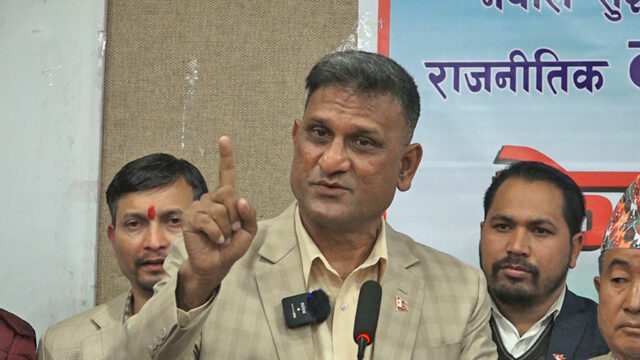
Prior to that, the Sher Bahadur Deuba-led government had also promoted Sarvendra Khanal over him.
Feeling betrayed by the political establishment, Kharel founded the Sushasan Party but was defeated in the House of Representatives elections in Kathmandu-1.
In a subsequent by-election in Bara, he also faced defeat as the RSP candidate.
Despite these setbacks, Kharel remains active in anti-corruption efforts through his television program, Janata Janardhan, broadcast on Space 4K.
He has filed a complaint alleging fraud by Kulman Ghising, the Executive Director of the Nepal Electricity Authority, in relation to a power purchase agreement (PPA).
Sarvendra Khanal
Sarvendra Khanal began his career in the police service as an inspector in 2046 BS.
Known for his dedication to maintaining the police force’s high reputation, Khanal achieved several notable successes:
He led the operation that captured the notorious gangster Kumar Shrestha, marking a significant victory in his early career at the Crime Branch.
Khanal’s team apprehended Ravanjit Tamang, who was wanted for drug trafficking and kidnapping, after he escaped from prison.
Under his leadership, several high-profile individuals, including national football team captain Sagar Bikas Chhetri and others, were brought to justice.
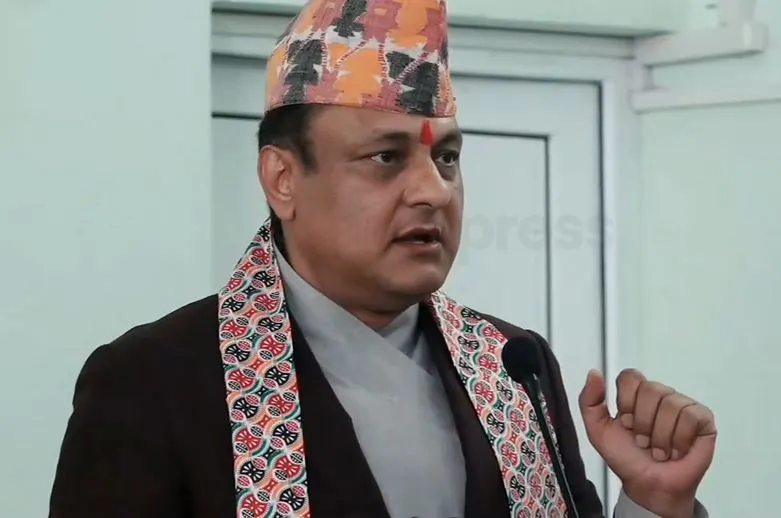
He cracked down on fraudulent petroleum pump operators who were cheating consumers by tampering with meters.
Khanal also solved the case of the brutal murder of five family members in Badikhel, Lalitpur, which had remained unsolved for 12 years.
He was instrumental in arresting Bishnu Bahadur Chhetri and Krishna Bahadur Chhetri of Unity Life International Limited for defrauding people of large sums of money.
Khanal demoted a DSP for shirking responsibility and received recognition from the Government of India for his role in apprehending notorious Indian underworld figure Bablu Dubey.
After leaving his position as police chief, Khanal joined the CPN-UML in 2079 BS.
Despite running as a UML candidate in Kathmandu-6 in the previous parliamentary elections, he struggled to win public support.
He was also accused of kidnapping then-Janata Samajwadi Party MP Surendra Yadav, allegedly with UML leader Mahesh Basnet, which tarnished his political image.
Komal Oli
Komal Oli — originally from Tikari village in Dang in Tulsipur — transitioned from news and singing to politics by joining the Rastriya Prajatantra Party (RPP) in 2073 BS.
Elected as a central member of the party, Oli later moved to the then Nepal Communist Party in 2074 BS.
Although she initially sought a ticket to contest the elections, she ultimately ran as a rebel candidate but withdrew after being promised a seat in the National Assembly.
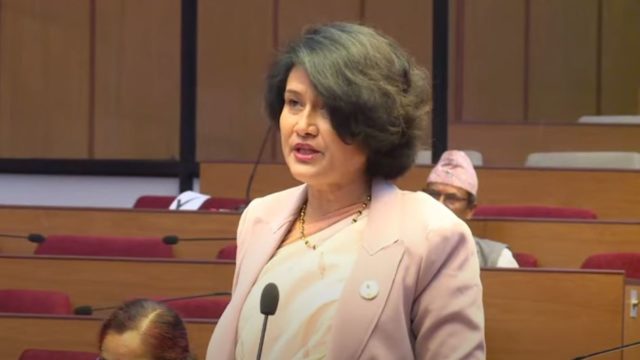
She faced significant criticism from UML leaders and activists, who labeled her an opportunist.
Her political career was further questioned due to her earlier support for royal power and her opposition to republicanism, federalism, and secularism.
Despite her popular songs like “Poila Jaana Paam”, she lost her National Assembly seat to Deepak Giri of the Nepali Congress after serving two years.
Badri Pangeni
Badri Pangeni, born in Rampur, Palpa, moved to Kathmandu in 2055 BS to pursue a career in folk music.
His debut album, “Tansen Khasyauli”, was followed by several successful releases, with his most popular song being “Khyal Khayalmai Dil Basyo Kanchi Salima” from the album “Susuralima”.
Pangeni gained recognition with songs like “Poila Jaan Paam” and “Tulsipurma Ma Jadankheri.”
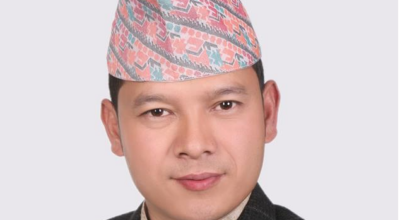
Despite his success in folk music, Pangeni’s political involvement has been less favorable.
He supported the UML in local elections with his song “Main Pani Amale…” which led to criticism and reduced his popularity.
Currently, he is more known for his political activism than his music.
Ashim Shah
Ashim Shah, a proportional member of parliament for RSP, was previously a film director.
While he has brought attention to issues related to film, art, and music in parliament, his impact has been limited.
Dr. Mukul Dhakal
Dr. Mukul Dhakal, a medical doctor, was previously the director of a hospital in Raskot, Kalikot, established through Rabi Lamichhane’s initiative.
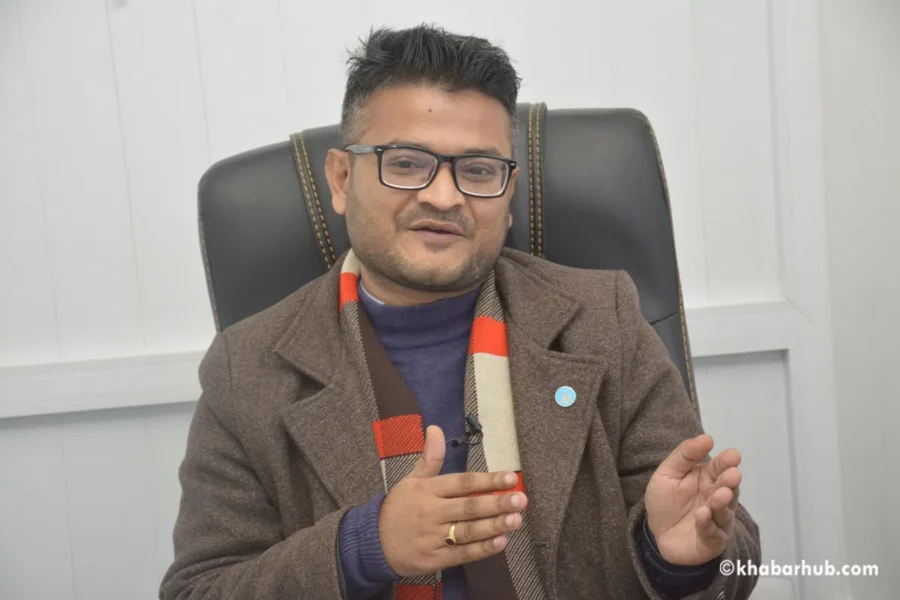
Originally affiliated with the Bibeksheel Party, Dhakal joined RSP with its formation and served as the party’s spokesperson.
However, he was later dismissed from this role, a decision he has not accepted.
Khusbu Oli
Khusbu Oli, a former Miss Teen Nepal and successful model, gained public attention through her association with the notorious Dinesh Adhikari ‘Chari’.
She has since emerged as a leader within the Rastriya Prajatantra Party (RPP).
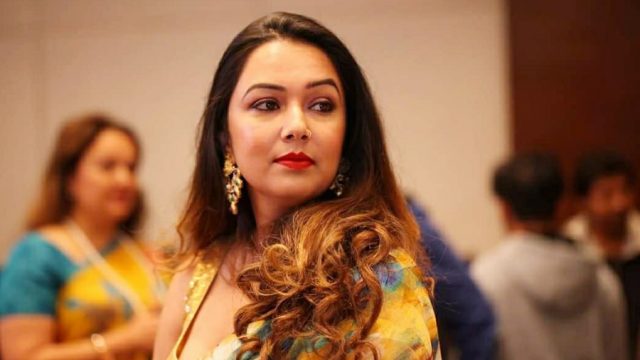
Despite her prominence in the Miss Nepal contest and her initial success in modeling, her political career has faced challenges. In the last parliamentary elections, Oli ran as an independent candidate in Jhapa but has found the political landscape difficult to navigate.




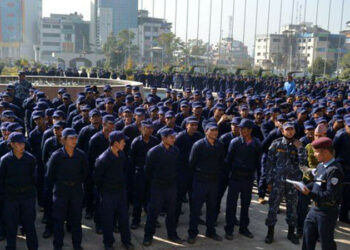
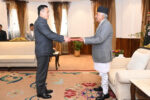


Comment